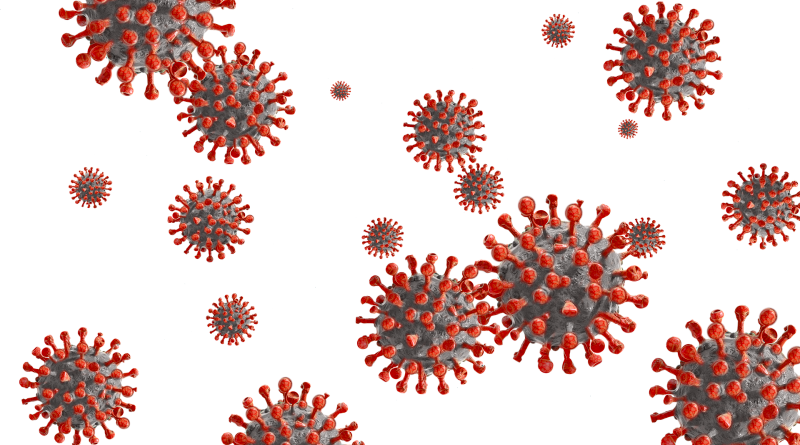What To Know About The Spread of A COVID-19 Subvariant in D-FW
A COVID-19 subvariant similar to the BA.2, which now makes up 80% of samples at UT Southwestern Medical Center, is spreading quickly in North Texas. Scientists say it’s too soon to know if it will behave in the same way as its predecessor.
Scientists also recently sequenced four cases of BA.2.12.1, a subvariant similar to BA.2, the Dallas Morning News reported.
“There’s not enough data on the new variant yet to determine whether it spreads more easily than BA.2 or causes more severe disease,” Dr. Jeffrey SoRelle, who leads UT Southwestern’s COVID-19 variant tracking effort, told the newspaper.
The continued development and circulation of the highly contagious, yet seemingly less-dangerous omicron sublineages could signify what to expect in the next stage of the COVID-19 pandemic, SoRelle said.
“We at first saw a lot of things coming out of nowhere and taking over. And it seems like right now we’re at the stage where there’s this mutational drift,” he told the Dallas Morning News. “The most dominant variant will acquire a mutation, it will spread and become more dominant, acquire another one and sort of go onwards.”
Still, it might be too early to declare a pattern in variant development. A number of factors, including vaccination rates around the world, length of immunity against the coronavirus, and even potentially the season could affect which variants persevere, Catherine Troisi, an infectious disease epidemiologist with the University of Texas Health Science Center at Houston, told the newspaper.
“The virus has surprised us before,” Troisi told the Dallas Morning News. “I think it’s too early to say we know how this virus is going to evolve.”
For more, read the Dallas Morning News here.
In other news:





